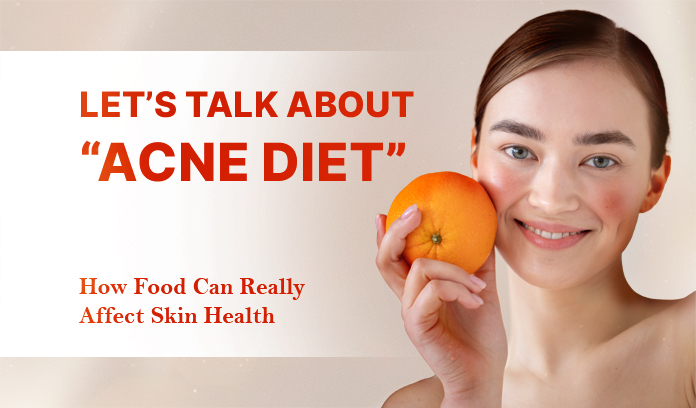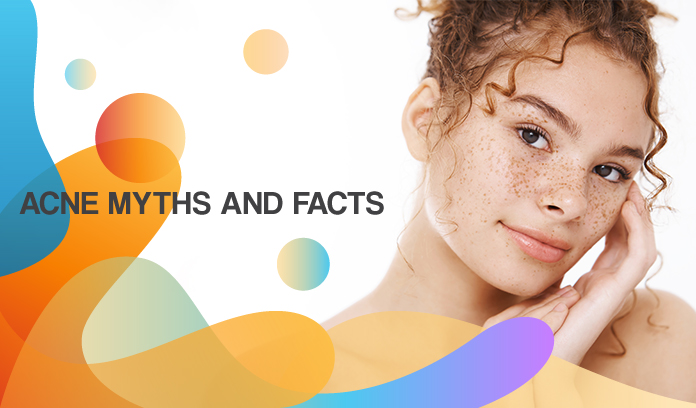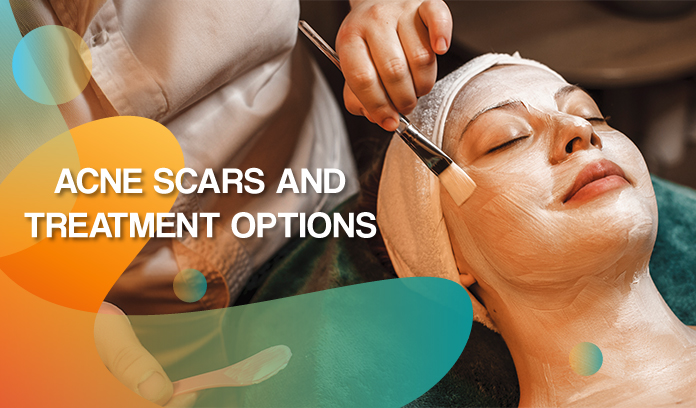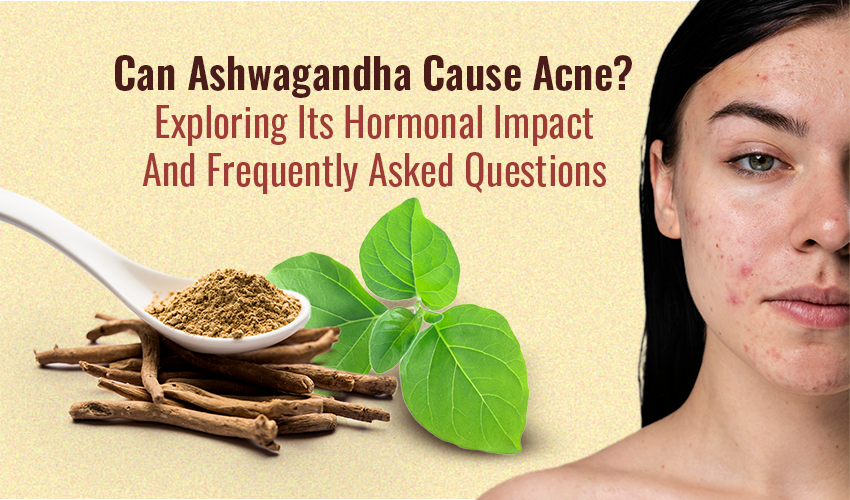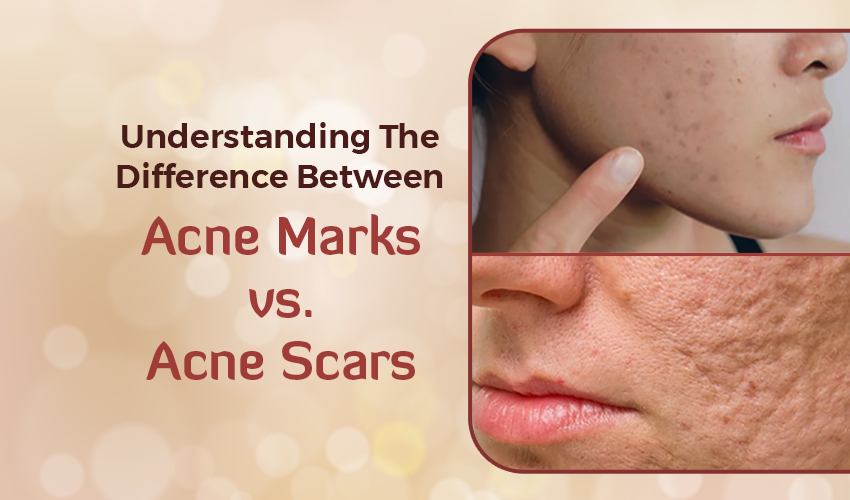Acne is a skin condition characterized by the onset of pimples, blackheads, and whiteheads. Factors such as genetics, hormonal changes, and bacteria play roles in its development.
Understanding the basics of acne is crucial before diving into its connection with diet.
The Link Between Diet And Acne
Research suggests a strong link between what we eat and skin health. Studies have shown that certain foods can trigger acne or exacerbate existing problems. It is essential to recognize this connection for effectively managing acne.
Foods That May Cause Acne
While there continues to be research associated with foods that cause acne and other skin conditions, high glycemic foods, such as sugary snacks and refined carbs can lead to increased insulin levels.
This may contribute to further acne breakouts.
Additionally, a correlation between dairy products and acne has been noted, possibly due to hormones present in dairy.
Processed foods with trans or saturated fats also tend to hurt skin health.
Acne-Fighting Foods
Apart from the foods that cause acne, certain foods help combat persistent breakouts and help improve skin health.
Incorporating antioxidant-rich foods like berries and leafy greens can benefit the skin. Omega-3 fatty acids, found in fish and flaxseeds, have anti-inflammatory properties, promoting clearer skin.
Creating A Skin-Friendly Diet Plan
Coming up with a diet plan aiming to improve skin quality and health involves focusing on consuming whole foods, fruits, vegetables, and healthy fats.
Choosing lean proteins and whole grains provides essential nutrients that support clear skin. Remember — a balanced and varied diet, along with adequate hydration and skincare habits, is essential for optimal skin health.
Pro tip: Adding a healthy dose of blueberries and other antioxidant-rich foods to your breakfast can help fight inflammation for healthier-looking skin.
Supplements for Skin Health
While a nutrient-rich diet is ideal, certain supplements like vitamin A, E, and zinc can complement a skin-friendly diet. It’s vital to consult with a healthcare professional before consuming supplements to avoid potential side effects.
Myths and Facts About Diet and Acne
#Myth 1 – Chocolate is not good for your skin:
It’s difficult to rule out whether chocolate is the true culprit, as chocolate consumption has no ties to acne skin condition.
However, with ingredients like added sugar and dairy usually being linked to increased oil production and therefore, breakouts, chocolate may be considered as one of the foods that cause acne.
Research has shown that those who consume a diet high in refined carbohydrates or added sugars are more likely to experience acne.
#Myth 2 – Go Gluten-free for clear skin:
There’s no strong evidence tying cutting out gluten from one’s diet to better or clearer-looking skin unless there’s a medical reason that may lead to gluten causing persistent skin concerns.
E.g. those who suffer from Celiac disease, are often advised to stick to a diet free of gluten, as it may increase the risk of other skin conditions.
Avoiding gluten without a valid medical reason may result in other deficiencies or eating disorders, especially among those likely to be obsessed with fad diets.
#Myth 3 – Dairy is to blame for acne:
Dairy products remain a part of the ever-expanding list of foods that cause acne, despite there being no sufficient evidence or a straightforward link for the same.
It’s crucial to note that although many observational studies conclude a correlation, there’s not enough data to suggest a cause-and-effect relationship.
It is also vital to consider how consuming full-fat dairy products can cause increased insulin secretion in those already having hormonal disorders, where increased androgen levels trigger breakouts in the skin.
If you notice your acne worsening after dairy consumption, you may want to consult a registered dietitian to help you rule out such foods.
FAQs
-
Are there specific foods that cause acne?
While not everyone is affected by the same foods, certain items like high-glycemic foods and dairy can contribute to acne development in some people.
-
Are supplements necessary for clear skin?
While a well-balanced diet is ideal, supplements like vitamins A, E, and zinc can be beneficial. Remember to consult with a healthcare professional before trying supplements for your skin.
-
Other than foods that cause acne, can stress affect skin health?
Yes, stress can trigger hormonal changes that may contribute to acne. Managing stress through relaxation techniques can positively impact skin health.
-
Is it necessary to consult a professional for acne management?
Consulting a dermatologist or nutritionist can provide tailored guidance, especially for persistent or severe acne concerns.







